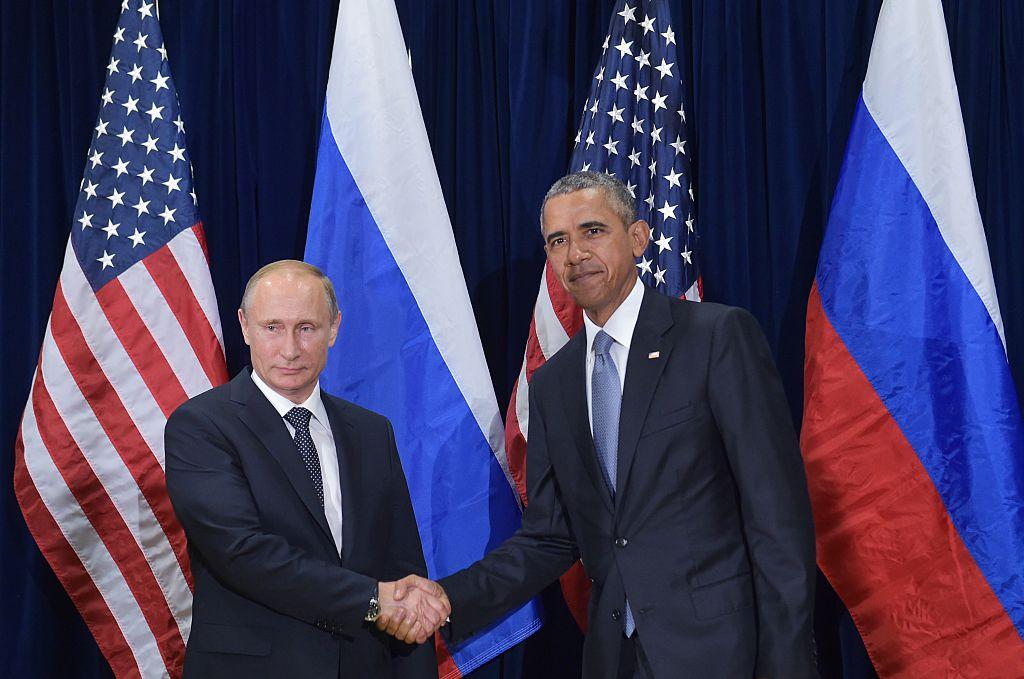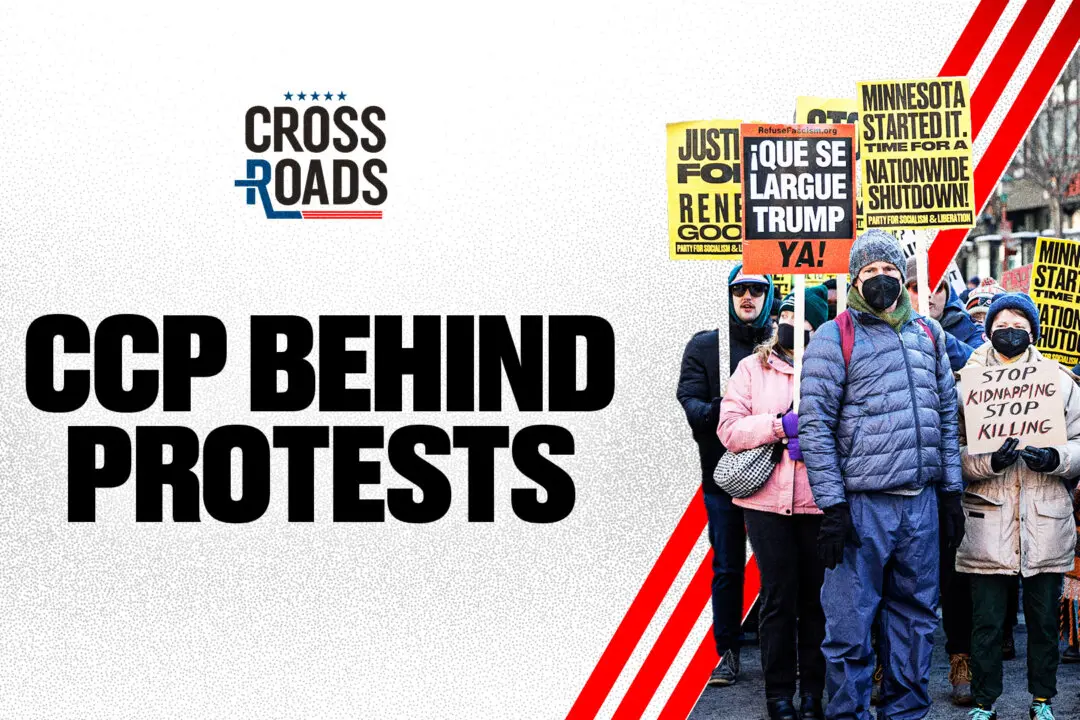The narrative that Trump colluded with Russia to impact the 2016 presidential elections has unraveled. Now the focus is shifting to the Obama administration’s handling of the alleged Russian interference, and whether Clinton supporters helped spread false narratives that launched what President Donald Trump has called “the single greatest witch hunt of a politician in American history.”
The new controversy came to light on June 21, when former Secretary of Homeland Security Jeh Johnson testified before the House intelligence committee about Russian interference in the election.
Why did it take the administration so long to make a public statement that a foreign adversary was trying to influence the American election? The statement didn't come until October.





